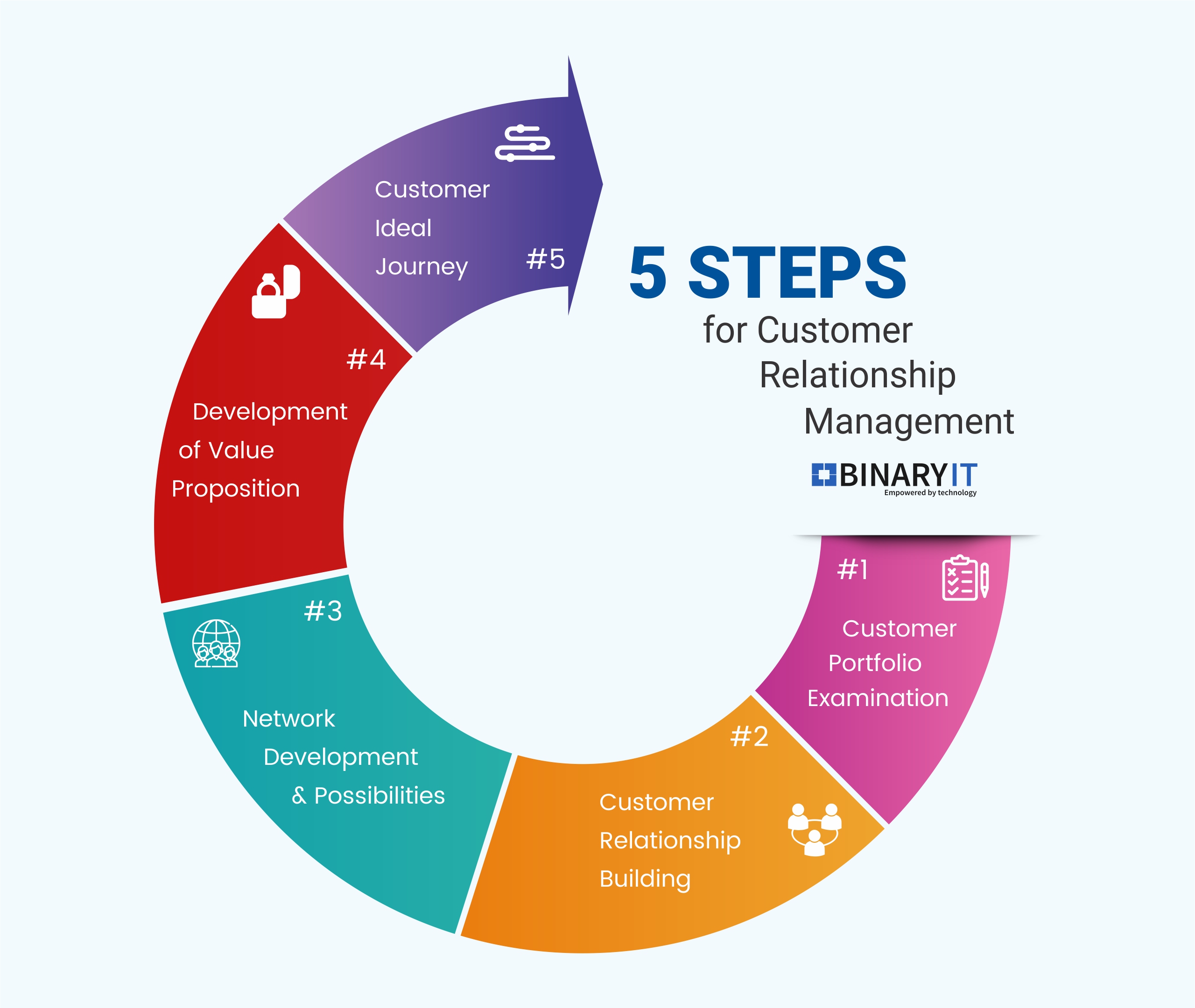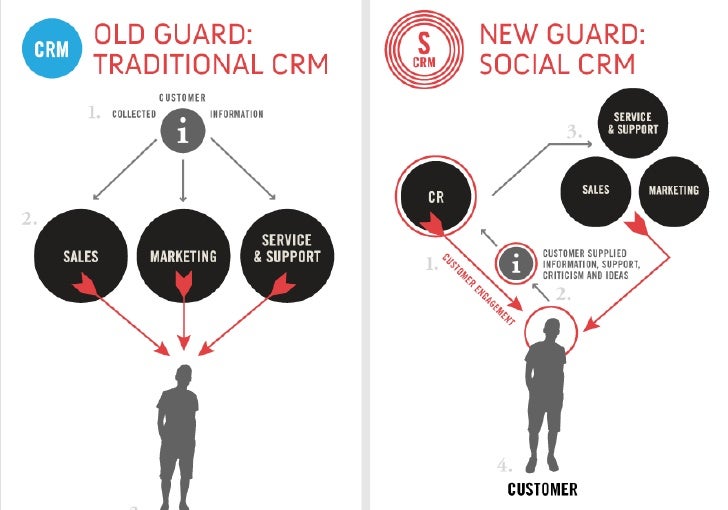
Insider trading is a term often heard in financial news, usually tied to high-profile scandals and legal actions. But what exactly does it mean, and why is it considered a serious offense in the world of investing?
In this article, we’ll explore the concept of insider trading, the laws surrounding it, real-world examples, and the consequences faced by those who engage in it.
What Is Insider Trading?
Insider trading refers to the act of buying or selling a publicly traded company’s stock or other securities based on non-public, material information about the company.
This material information could include:
-
Earnings reports not yet released
-
News about mergers or acquisitions
-
Product launches or failures
-
Legal issues or regulatory actions
-
Changes in executive leadership
If this information is used before it’s made available to the public, it gives an unfair advantage to the person trading—making it illegal under most financial regulations around the world.
Legal vs. Illegal Insider Trading
Legal Insider Trading
Surprisingly, not all insider trading is illegal. Corporate insiders such as CEOs, CFOs, and directors often buy or sell their company’s stock. This is legal as long as they:
-
File the proper disclosures with the Securities and Exchange Commission (SEC)
-
Do not trade based on material non-public information
These transactions are tracked and reported under Form 4 filings, which are publicly available and often used by investors as indicators of company sentiment.
Illegal Insider Trading
Illegal insider trading occurs when:
-
A person with confidential information uses it for personal gain
-
Someone “tips off” a friend, relative, or associate, who then trades based on that tip
-
An employee leaks private information to a trader
For example, if an employee at a pharmaceutical company tells a friend about an upcoming FDA drug approval and that friend buys stock before the news goes public, it’s considered insider trading.
Why Insider Trading Is Illegal
Unfair Advantage
Markets are based on the principle of fair access to information. Insider trading gives one party an unfair edge, which undermines the integrity of financial markets.
Market Manipulation
When insiders manipulate stock prices through selective use of confidential information, it leads to volatility and erodes investor trust.
Legal Consequences
Insider trading is heavily punished. Penalties may include:
-
Civil fines
-
Disgorgement of profits
-
Prison time (up to 20 years in the U.S.)
-
Loss of professional licenses
High-profile cases like Martha Stewart, Raj Rajaratnam, and others serve as reminders of how seriously regulators take insider trading.
How Insider Trading Is Detected
Regulatory bodies like the U.S. Securities and Exchange Commission (SEC) use advanced tools and analytics to monitor unusual trading activity. They track:
-
Sudden stock price movements
-
Large trades before earnings or major announcements
-
Connections between insiders and traders
Whistleblowers also play a critical role. Under certain laws, whistleblowers may receive a percentage of the fines collected if their tips lead to successful enforcement actions.
Final Thoughts: Transparency Is Key to Market Confidence
Insider trading may seem tempting to those with access to privileged information, but the risks far outweigh the rewards. Financial markets thrive on trust, fairness, and transparency. Violating these principles not only carries severe penalties but also damages careers, reputations, and the financial system as a whole.
For investors, understanding insider trading helps to navigate the markets more wisely and recognize the signs of suspicious activity. Always remember: success in investing should come from smart decisions—not secret information.






